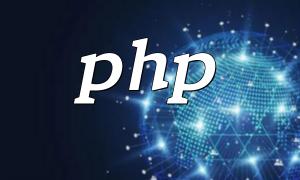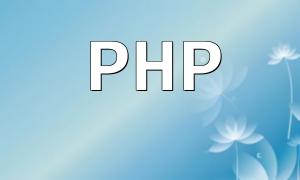In today’s data-driven applications, extracting meaningful information from large volumes of unstructured text has become increasingly important. LDA (Latent Dirichlet Allocation) is one of the most popular topic modeling algorithms widely used in text mining, recommendation systems, and natural language processing. While commonly implemented in languages like Python or R, this article will walk you through implementing and applying LDA in PHP.
LDA is a generative probabilistic model that assumes each document is a mixture of various topics, and each topic is characterized by a distribution over words. By modeling a collection of documents, LDA can uncover the hidden thematic structure, improving tasks such as information retrieval and content clustering.
The core idea is simple: documents are made up of topics, and topics are made up of words. Through iterative inference, the model outputs the topic distribution for each document and the keywords representing each topic.
Although PHP is not typically associated with data science, its robust array and string processing features make it capable of handling LDA logic. Before implementing the algorithm, data preprocessing is crucial to ensure the input is clean and usable.
Text preprocessing is essential in any NLP workflow. The goal is to clean and normalize the text to improve modeling accuracy. Common steps include stopword removal, punctuation cleaning, and stemming.
function preprocessText($text) {
// Remove stopwords and punctuation
$stopWords = ['的', '是', '在', '和', '了']; // Example stopwords
$text = preg_replace('/[^\p{L}\s]/u', '', $text); // Remove punctuation
$words = explode(' ', $text);
$filteredWords = array_diff($words, $stopWords);
return $filteredWords;
}The vocabulary is a record of all words across documents and their frequencies. It is vital for modeling and gives insights into the textual data's structure.
function buildVocabulary($documents) {
$vocabulary = [];
foreach ($documents as $doc) {
$words = preprocessText($doc);
foreach ($words as $word) {
if (isset($vocabulary[$word])) {
$vocabulary[$word]++;
} else {
$vocabulary[$word] = 1;
}
}
}
return $vocabulary;
}The LDA model can be implemented using methods like Gibbs sampling or variational inference. Below is a basic structure to illustrate the logic.
function lda($documents, $numTopics) {
// Initialize topic assignments, document-topic matrix, and topic-word matrix
// Core LDA algorithm logic
// Iterate and update model parameters
// Return topic-word and document-topic matrices
}After implementing LDA, it can be applied to various real-world tasks such as:
For example, in a content recommendation system, LDA can be used to analyze the topics of articles a user reads and recommend similar ones based on topic similarity, thereby increasing user engagement and click-through rates.
While PHP is not traditionally used for machine learning, it is entirely feasible to implement complex models like LDA with the right design and approach. This guide covered everything from preprocessing and vocabulary construction to core LDA logic, aiming to help PHP developers gain new insights and practical techniques in text modeling.









